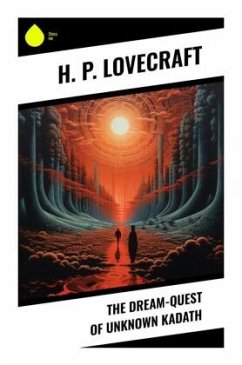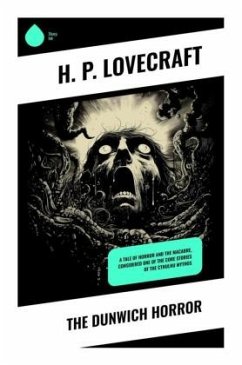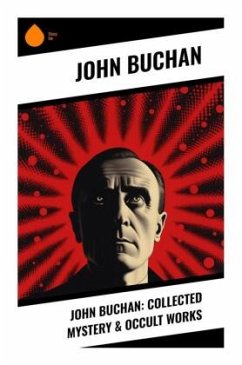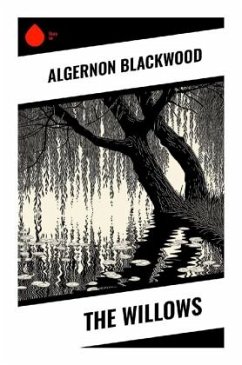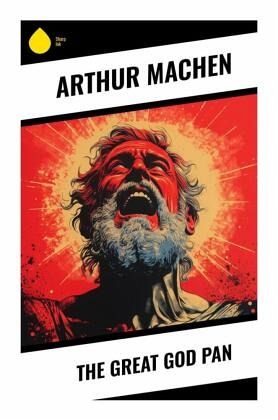
The Great God Pan
Versandkostenfrei!
Versandfertig in 6-10 Tagen
7,70 €
inkl. MwSt.

PAYBACK Punkte
0 °P sammeln!
Arthur Machen's "The Great God Pan" emerges as a seminal work in the realm of supernatural horror, weaving a narrative steeped in psychological dread and arcane mystery. First published in 1894, the novella challenges the Victorian norms of rationality, presenting a tale where the boundaries of science and the supernatural blur. Machen employs an evocative literary style, rich with elaborate descriptions and philosophical underpinnings, reflecting the fin-de-siècle anxieties about the unknown. The story revolves around a scientist's terrifying experiments that unleash a primal, cosmic entity,...
Arthur Machen's "The Great God Pan" emerges as a seminal work in the realm of supernatural horror, weaving a narrative steeped in psychological dread and arcane mystery. First published in 1894, the novella challenges the Victorian norms of rationality, presenting a tale where the boundaries of science and the supernatural blur. Machen employs an evocative literary style, rich with elaborate descriptions and philosophical underpinnings, reflecting the fin-de-siècle anxieties about the unknown. The story revolves around a scientist's terrifying experiments that unleash a primal, cosmic entity, prompting readers to confront the harrowing truths of existence and the limits of human understanding. Arthur Machen, a Welsh author and a prominent figure in the early 20th-century weird fiction movement, was heavily influenced by his rural upbringing and the mystical elements of ancient Welsh folklore. His deep interest in spirituality and the unseen realms beyond human perception resonates throughout the narrative, reflecting his preoccupation with the fragility of civilization and the lurking darkness within humanity. Machen's experiences and his contemplation of the mystical undoubtedly guided him to push the boundaries of the horror genre. For readers seeking an exploration into the depths of fear and wonder, "The Great God Pan" is indispensable. Its intricate interplay of horror and philosophy serves as a forerunner to modern psychological horror, making it essential reading for anyone who wishes to understand the evolution of the genre. Machen's haunting prose and profound themes invite readers to confront their own perceptions of reality, making this novella a timeless exploration of the human psyche.





